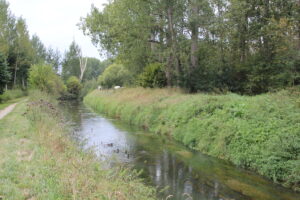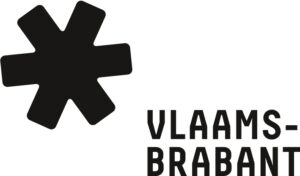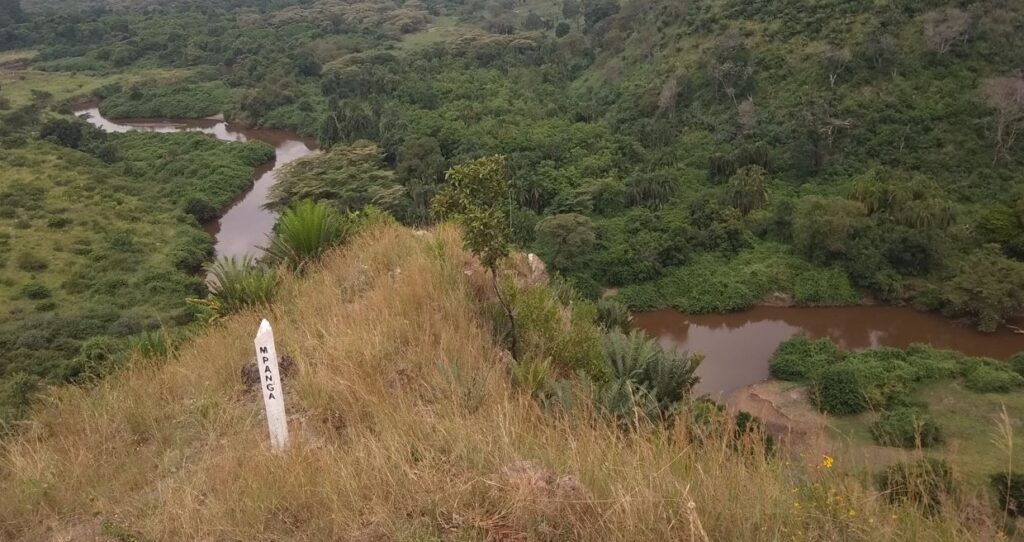Uganda – Flanders – Those who follow the news have probably noticed: the effects of climate change in Flanders, and by extension Europe, are very similar to those in developing countries. The creation of a river link between a river basin in Flanders and one in Uganda is therefore not such a crazy idea.
In Uganda, Join For Water and its local partners JESE and NRDI, with the support of the province of Flemish Brabant (Belgium), are working on various activities to improve access to water, restore wetlands, and strengthen the resilience of the landscape and its inhabitants to the effects of climate change.
Just as twin cities exist, a ‘twin river link’ has been set up between the Mpanga river basin in Uganda and the Getes river basin in Flanders. Within this initiative, the exchange of knowledge and experiences on the protection and conservation of rivers and riparian zones is central. Because even though the context and environment are different for both river basins, the regions both experience the effects of climate change such as extreme rainfall and flooding or, even long periods of drought. These effects have an impact on watercourses, nature, and local residents.
What does the law state?
Uganda has good legislation on protecting valuable ecosystems. For instance, there is a law stipulating that a 100-metre buffer zone must be respected around rivers and wetlands, where in principle no (agricultural) activities are allowed. The wetlands themselves are completely off limits. Join For Water and its partners are strongly committed to protecting these zones by reforesting or looking for alternative sources of income. But we see that these zones are still often used for agricultural activities and enforcement remains limited. With a view to more sustainable solutions that also take into account the local context of, for example, population pressure, we therefore want to focus more explicitly on creating win-win situations for people and nature within these zones.
From this context, a research framework was set up within the ‘twin basin initiative’ that looks at five areas: inventory, protection, sustainable management, education and structure restoration. This research framework was used to examine both regions and look for challenges or opportunities, differences and similarities.
Erosion and water quality: similar challenges

This research revealed that there are differences but also similarities. The scale and context obviously show major differences between the two river basins. A difference in available data makes for different starting points when drawing up management plans. Also, the focus within management plans or land use and conflicting interests (from practical situations or an intended use) is not always the same.
But there are also similarities between the basins. The Mpanga and Getes river basins share the same key challenges: erosion, bad water quality, and increasing pressure from human activities on watercourses. It is also notable that both regions have extensive legislation, such as mandatory buffer zones along watercourses (4 metres on average in Flanders and 100 metres in Uganda). However, one of the main similarities is that cooperation between different stakeholders is often too limited and fragmented. For example, it is not always clear how responsibilities are divided between different actors, or how the needs of local residents are included in policy frameworks. There are therefore many chances and opportunities to be created if cooperation is strengthened.
This is why Join For Water and its partners attach such importance to working with all stakeholders to find sustainable solutions.
Read the full report here.
Read the report on the river Mpanga here.
The research was conducted by Kobe Tilley (Flanders, Universiteit Gent) and Samuel Franklin Tumuhairwe (Uganda, Mountains of the Moon University) on behalf of Join For Water and with the support of the province of Flemish Brabant.


